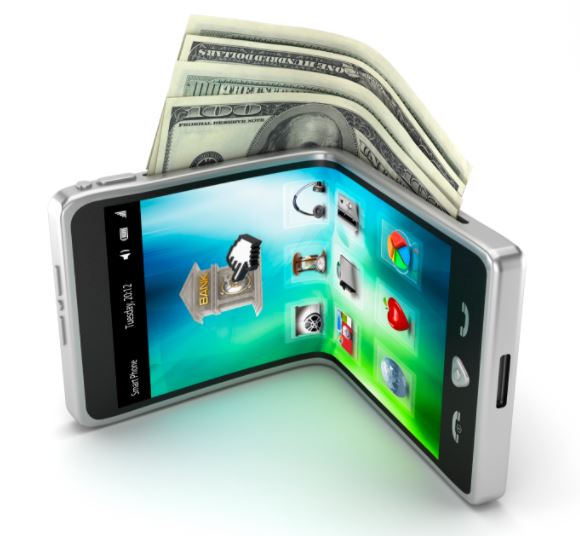
As mentioned yesterday, I always get a new take on life when I come to Africa, and this visit is no exception. I’m chairing conferences where a range of start-ups, telco’s and banks are talking about their experiences and views. Halfway through the dialogue, a lightning bolt cracked through my forehead. Not literally obviously, that would have been weird, but metaphorically I had an aha moment, so here it is. For the past decade, we’ve been talking about mobile wallets for financial inclusion, and how the Mobile Network Operators (MNO) were developing amazing services for those who have no bank access. Meanwhile, banks are developing mobile, but for apps and digital banking, doing much the same as their counterparts around the world. The question in my head was: what and how do the two come together?
For me it is blindingly obvious that mobile financial inclusion and banking is mutually inclusive, not exclusive. But how? Banks aren’t seeking to serve the unbanked. They think it’s charity and can’t make money out of it. Leave it to the telco’s to deal with the great unwashed.
That is a view that is dated to the pre-digital era when true, serving people living on $5 a day would not be profitable for a bank that needs $5 per customer per day as margin in order to operate their high overhead branch structures and ATMs. Now, in the digital era, I can serve a $0.01 transaction for the same cost as a $1 billion transaction: it’s just a transaction on the network; and so my cost-income model has fundamentally shifted to look at how many transactions per day I can get on the network to make this customer profitable.
The answer is around $1 a day of transactions, or $365 a year. That’s not profit or revenue: it’s transaction value. You may disagree, but I bet that an MNO can make a few pesas on that account. After all, they have a network that is there anyway, whether it’s used or not, so to get $365 a year of usage versus $0 a year makes a big difference. That is why MNOs in Africa are offering micro-financial everything: microloans, microsavings, microinvestments and micropayments; because they can. But MNOs don’t want to be full-service banks, as that then introduces an overhead of lots more stuff. Compliance, audit, risk and all the things banks know and do well. That’s of no interest to an MNO who just want to see more data on the network.
It is why MNOs and banks have very different outlooks. An MNO wants more data traffic on the network, as that’s where their profit lies; a bank wants more basis points differential between their debits and credits, as that’s where their profit lies.
And yet, these two worlds are colliding together more and more, and has been for over twenty years. I have a scenario model on video from 1997 in NCR where my proposition was that banks would be merging with telco’s and vice versa, as their models merge. Twenty years later, it hasn’t happened. Banks are still banks and telco’s are still telco’s.
Will it happen?
Well, some banks do offer MNO services – Rabobank in the Netherlands, for example – and some telco’s do now offer full-service banking – Orange in France. But is it really happening? Are we really seeing the merger of mobile and banking?
No, not yet. I would claim that many banks are doing innovation theatre with mobile and many telco’s are doing financial theatre with money. They are not making it happen with commitment yet. But I still think they will.
After all, if a basic payment service on a mobile phone can give me inclusion, that can lead to access to a whole lot more from savings to investments. If I can be an entrepreneur with an mPOS service, then I can go from $1 a day of transactions to $1 billion a day in the blink of an eye. And if I create a new company making $1 billion a day on the network, I bet my last dollar that the bank will want my business.
So, let’s start looking at a unified model of banking the unbanked to raising the underbanked to banking for all. Let’s stop this silly delineation between inclusion through telco’s and banking through banks. It’s a false wall separating the market need from the real-world reality. I’ll be interested to see which firm(s) get there first.
Chris M Skinner
Chris Skinner is best known as an independent commentator on the financial markets through his blog, TheFinanser.com, as author of the bestselling book Digital Bank, and Chair of the European networking forum the Financial Services Club. He has been voted one of the most influential people in banking by The Financial Brand (as well as one of the best blogs), a FinTech Titan (Next Bank), one of the Fintech Leaders you need to follow (City AM, Deluxe and Jax Finance), as well as one of the Top 40 most influential people in financial technology by the Wall Street Journal's Financial News. To learn more click here...

